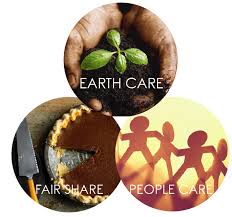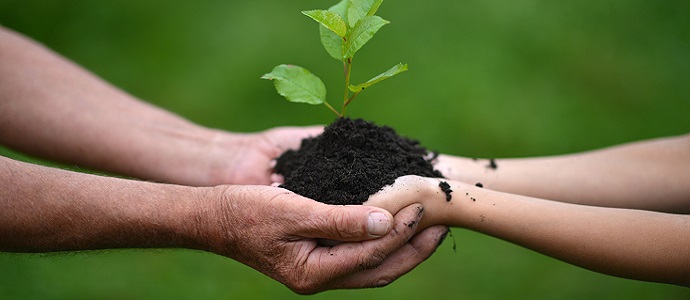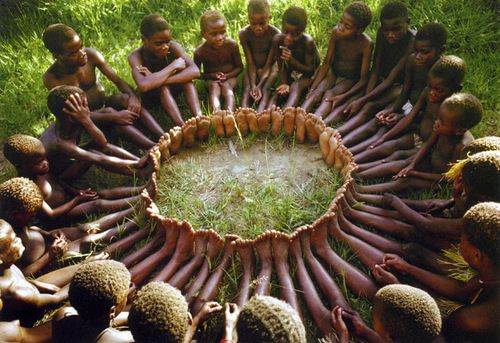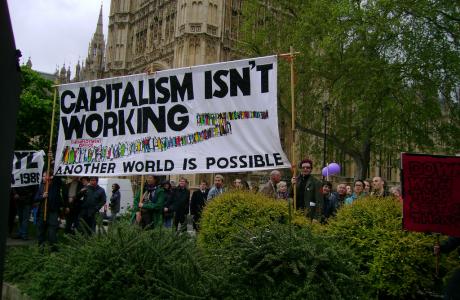What is permaculture
The term permaculture was coined by two Australians David Holmgren, then a graduate student, and his professor, Bill Mollison, in 1978. Contraction of the English “permanent agriculture”, this word originally meant a way of cultivating the land without causing nuisance to nature or humans, while being economically viable and sustainable in the long term.
“…the greatest change we need to make is from
consumption to production, even if on a small scale, in our
own gardens. If only 10% of us do this, there is enough foreveryone…”
Bill Mollison
In reality, it is difficult to define what permaculture is, according to whether it is considered a philosophy, a way of life or a set of methods; because permaculture is a bit of all that.
The goal of permaculture is to create human societies respectful of nature and men. It’s principle apply to all fields of human activity, including habitat, energy, our relationship with the elements that make up the natural system, and of course our way of cultivating the land to produce food, which is the basis of the organization of any sustainable human society.
The end result is an effective way to address the persistent problems of humanity by integrating agronomy, ecology, architecture, forestry, animal husbandry, climatology, soil science and other related disciplines to devise solutions modelled primarily on the functional imitation of natural systems. With intentional & wellconsidered design, the implementation and management
of stable, permanent agricultural ecologies & energy efficient systems dedicated to provisioning human needs – producing food, fuel, fiber, medicines, and building materials – can be established without undermining the functional integrity of natural living systems.
Permaculture refers to an ethic that is based on three fundamental principles: taking care of the Earth, taking care of people and sharing resources equitably.

Care for the Earth
That is the soil, the water, the plants and the animals that populate it. Every form of life is important because we are part of a system that is the terrestrial biosphere. Habitat and human activities must be in harmony with ecosystems. This implies a reasoned use of resources. Man’s hold on the planet must be reduced by limiting his consumption, by not seeking a growing population and growth.

Care for the people
Every human must have access to the resources necessary for life. Permaculture aims to meet the needs of humans in a framework for their development. Human relations must be based on cooperation and sharing and not on competition.

Share resources equitably
By governing our own needs, we can set resources aside to further the above principles
